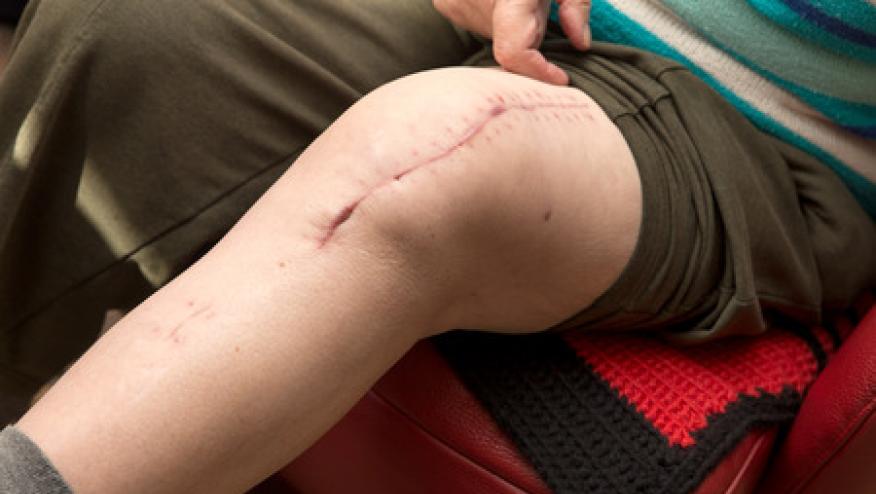Partial or Total Knee Replacement for Osteoarthritis? Save

Lancet has reported on a clinical trial comparing total knee replacement (TKR) and partial knee replacement (PKR) in late-stage isolated medial compartment knee osteoarthritis patients finding that both TKR and PKR are equally effective, PKR should be considered the first, because of lower costs and better cost-effectiveness.
The Total or Partial Knee Arthroplasty Trial (TOPKAT) assessed the clinical effectiveness and cost-effectiveness of TKR versus PKR in patients with medial compartment osteoarthritis of the knee over a 5 year period.
This was a multicentre, pragmatic randomised controlled trial involving 27 UK sites with patients randomized to (1:1) to receive PKR or TKR by surgeons who were either expert in and willing to perform both surgeries or by a surgeon with particular expertise in the allocated procedure. Patients who required simultaneous bilateral knee replacement were excluded.
Between 2010 and 2013, 528 patients were randomized; with 94% of participants involved at the 5-year follow-up. At 5 years the Oxford Knee Score (OKS) was not different between groups.
Cost-effectiveness analysis found PKR to be more effective (0·240 additional quality-adjusted life-years) and less expensive (−£910) than TKR. This finding was a result of slightly better outcomes, lower costs of surgery, and lower follow-up health-care costs with PKR than TKR.
These findings come with several asterisks, including the availability of a surgeon competent in PKR and TKR, the lack of any inflammatory arthritis, and the patient having a functionally intact anterior cruciate ligament along with full thickness and good quality lateral cartilage present. There is a general belief that PKR is unworkable without proper alignment, such that those with a significant gen varum deformity may not be considered for PKR or a study such as this. The protocol did inclue the followig inclusion criterion: Correctable intra-articular varus deformity (suggestive of adequate medial collateral ligament function).
It will be interesting to see if these study results change the UK's NHS guidelines for the us of TKR or PKR in late-stage isolated medial compartment osteoarthritis.










If you are a health practitioner, you may Login/Register to comment.
Due to the nature of these comment forums, only health practitioners are allowed to comment at this time.